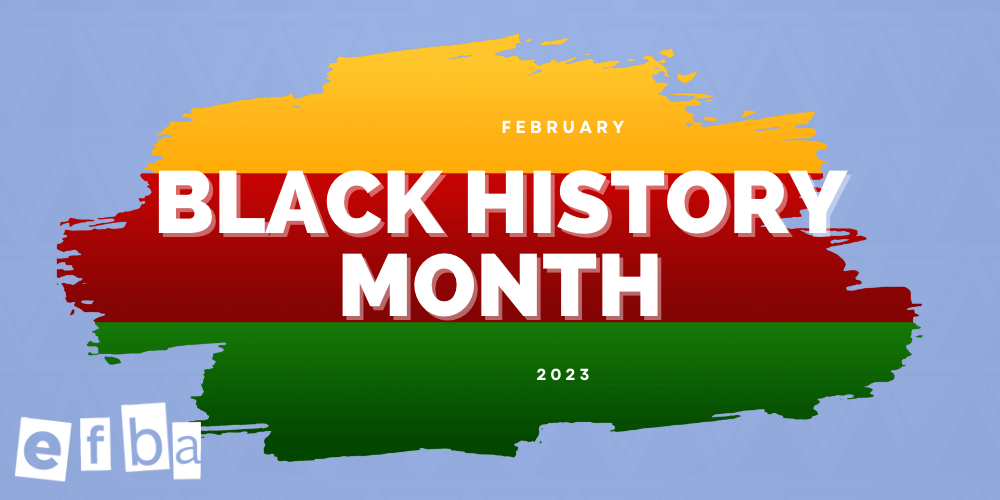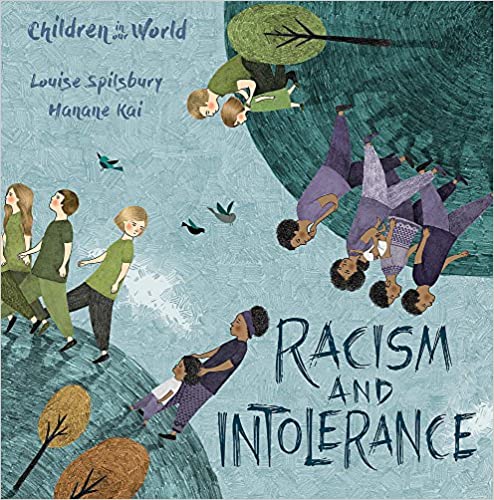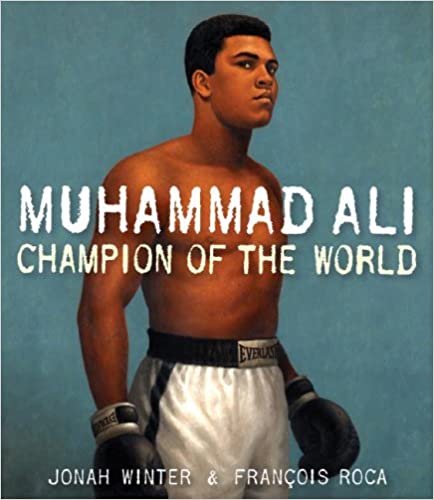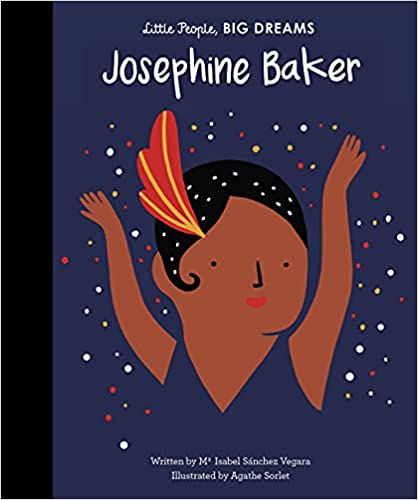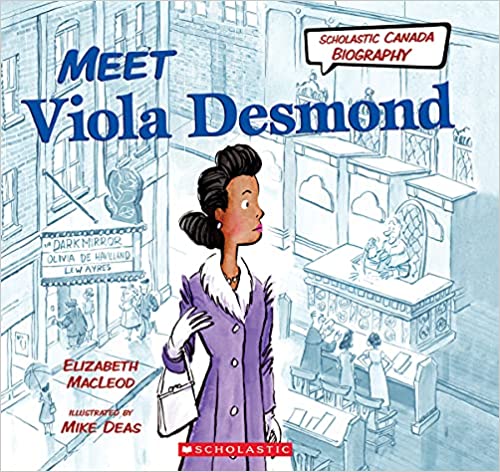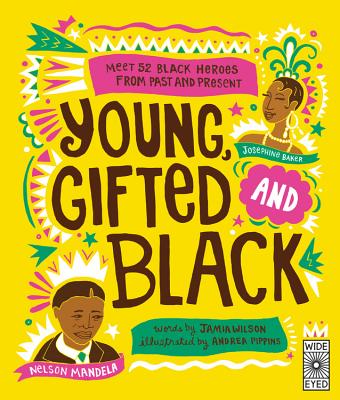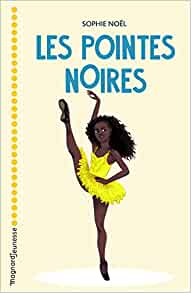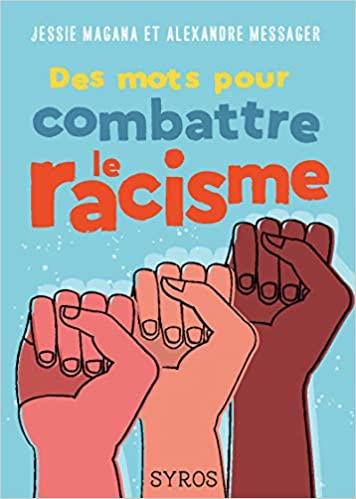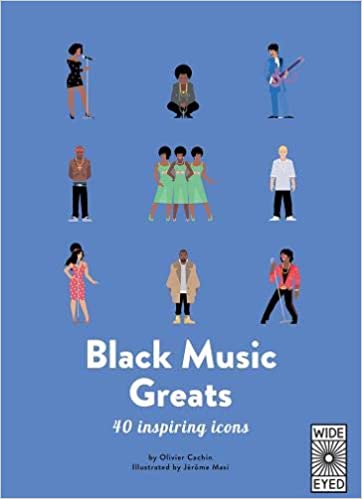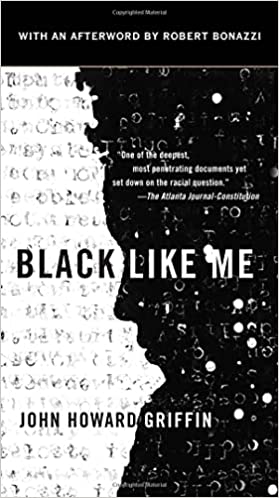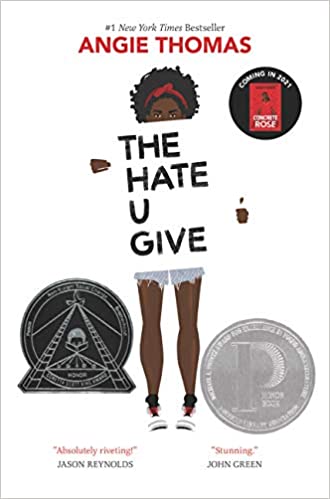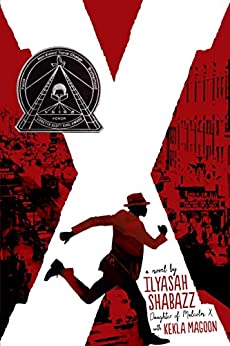Black History Month, commemorated in the United States, Canada, & the UK, during the month of February, serves as an annual celebration of the achievements of Black individuals and a time of reflection. EFBA wants to honor the richness of Black cultures & history across the world (and in the Francophonie, of course!), and share educational resources (in both French and English) for caregivers, educators, and adults to observe Black History Month and learn with children.

Why is Black History Month recognized in February in the U.S.?
Passionate about Black history, historian Carter G. Woodson first initiated a week to educate children about Black history, and fight for equality in February of 1926. Woodson chose February as the birthdays of president Abraham Lincoln and abolitionist Frederick Douglass fall within the month. Eventually, communities began to unofficially adopt the entire month as Black History Month. In 1976 President Gerald Ford officially recognized Black History Month and urged Americans to observe it. Today, Black History Month continues to highlight historical and contemporary Black contributions, and encourages the discussion to continue year round.
Why is it important to celebrate Black History Month with children?
While discussing sensitive topics such as race and inequality can be difficult, it is an activity that everyone must commit to doing in order to build a more equitable society.

Unfortunately, throughout American history bigotry remains a threat to marginalized groups of individuals. It is up to parents to ensure that their children are prepared to fight injustice. Black History Month is an important opportunity for parents to showcase the contributions made by Black Americans, and explain why the month is necessary. In a diverse, multicultural society, representation is crucial. It is vital to amplify the voices and stories of those who have been underserved. Teaching children to value and respect the history, culture, and accomplishments of Black individuals encourages them to be tolerant of everyone within our country.
A better understanding of Black history can help children understand our world today. Exploring Black History through groundbreaking innovation, societal change, and politics, can teach kids about the world today in an inclusive way. Did you know, for example, that blood banks were invented by Charles Richard Drew? Instead of Amelia Eahart, do you know Bessie Coleman, the first Black woman pilot, who learned to fly in France, to avoid discrimination? Or perhaps you have not yet learned about Ruby Brides who bravely advanced American desegregation efforts at only six years old? When kids can recognize our complete history, it allows them to fully understand our present.
How to celebrate Black History Month with Children
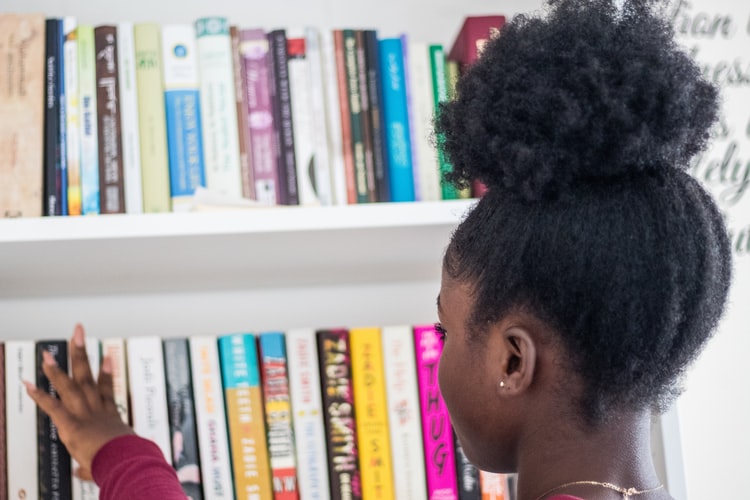
Literature is an excellent way to introduce this topic to younger audiences, while enabling teens to explore the topic in depth. EFBA has compiled a reading list for youths of all ages to educate themselves, celebrate diversity, and commemorate Black History. Our selection will keep your children learning about Black History during all twelve months, not just in February!
Africville by Shauntay Grant (English | French | Reading age 4 – 7)
Africville was a vibrant Black community in Halifax, Nova Scotia for more than 150 years. In the 1960s, city officials decided to demolish the city, upending a thriving town. This illustrated story follows a young girl’s visit to the area for the yearly Africville reunion.
Muhammad Ali: Champion of the World by Johan Winter (English | French | Reading age 6 – 8 years)
The story of Cassius Clay, the greatest boxer of all time, is one of perseverance and excellency. Proud of his African roots and Islamic religion, he renamed himself Muhammad Ali. More than a boxer, he was an activist, humanitarian, and an inspiration around the world.
Josephine Baker (Little People, BIG DREAMS) by Maria Isabel Sanchez Vegara (English | French | Reading age 6 – 8 years)
Discover Josephine Baker, the world-famous entertainer, activist, and French Resistance agent in this true story of her life! This inspiring and informative biography follows her incredible life, from growing up in St. Louis, Missouri, during segregation to defying expectations and performing on the stage in Paris, where audiences fell in love with her.
Meet Viola Desmond by Elizabeth MacLeod (French | English | Reading age 6 – 10 years)
Learn about the story of Viola Desmond, a Canadian community leader and early civil rights trailblazer. After being arrested for refusing to leave a whites-only section of a movie theater in 1946, Viola Desmond launched a movement that led to the start of Canada’s civil rights movement. Due to her work, she is now honored on Canada’s ten-dollar bill.
“Les Pointes noires” by Sophie Noël (French | Reading age 9 – 11 years)
Ève has a dream of being a prima ballerina. With her parents’ support, she attends the dance school of the Paris Opera. One day she makes a horrifying realization that turns everything upside down: in her books, films, and on the ballet stages, there are never Black ballerinas. In this world of pink and white, Ève will have to fight to find her place.
“Des mots pour combattre le racisme” by Jessie Magana (French | Reading age 9 – 12)
To combat racism you must first understand it. This book, a dictionary of 67 words, deciphers all aspects of racism, past and present from Affirmative Action to Human Zoos.
Black Music Greats: 40 inspiring icons by Olivier Cachin (English | French Reading age 10 – 15)
Dive into the musical world from the creation of blues to the invention of rap! This fun fact-packed book introduces readers to 40 of the most innovative individuals in Black music. Who will you add to your playlist?
Black Like Me By John Howard Griffin (English | French | Reading age 13 – 17)
Read the pivotal biography of journalist John Howard Griffin as he exchanged his privileged life as a Southern white man for the disenfranchised world of an unemployed Black man in the 1950s Deep South. His chilling eyewitness testimony of America’s violent history is immortalized within the narrative.
The Hate U Give by Angie Thomas (English | French | Reading age 14-18)
Sixteen-year-old Starr Carter moves between two worlds: the underprivileged neighborhood where she lives and the fancy suburban prep school she attends. The uneasy balance between these worlds is shattered when Starr’s childhood best friend is fatally shot at the hands of the police in front of her. Starr is the only witness.
X: A Novel by Ilyasah Shabazz (English | French | Reading age 14 – 18)
Written by the daughter of Malcolm X, icon of the civil rights movement, this book dives into Malcolm X’s childhood. Feeling that he could not achieve his dreams of being a lawyer due a tumultuous upbringing, Malcolm escapes into a world of nightlife. After being imprisoned at age twenty and discovering faith, Malcolm forged a new path that earned him his place in history.
List of other Inspiring Resources:
- Resources for parents and educators:
- “Aborder l’histoire des Noirs avec les enfants” by Radio Canada – Discussion of the topic and interview with Josephine Watson, poet & French translator for the book Africville. (French)
- “Noirs en France,” documentary by France.tv – Directors give the floor to Black people of all ages and backgrounds to display everyday prejudice and racism. Learn more here. (French)
- “Racism Explained to my Daughter” by Tahar Ben Jelloun – This prize-winning anti-racisme book serves as a guide for all parents and educators who seek to engage children in discussions of this complex issue. (French | English)
- “L’afrofuturisme” Podcast by RFI – Discover Afrofuturism, an anti-colonial artistic movement, looks at the future of Afro-descendants, and imagines a world where Africa was never colonized or enslaved. (French)
- Podcasts:
- “La part des ancêtres” – Episode of France Inter’s children’s podcast Une Histoire et Oli. (French | for kids aged 5 to 7)
- “Kiffe ta race” : Rokhaya Diallo and Grace Ly host a guest twice a month to explore racial questions through conversation and personal experiences. We recommend the episode “Grandir avec des histoires qui nous ressemblent” which invites us to reflect on questions such as “What stereotypes do children’s stories transmit?” “How do they impact the self esteem of racialized children who read them?” “Why do diverse heroes and heroines only appear when we talk about racism or diversity?” (French)
- Animated Museum Exposition: Fugitifs ! This exposition by Webster for Quebec’s National Fine Art Museum features the experience of escaped enslaved Canadians. (French | for kids 8 and up)
- Movie: Hidden Figures (2017) An inspiring story about the untold true story of three women at NASA. (English | for kids 8 and up)
Do you have other resources relevant to educating children about Black History Month? Write to us at info@efba.us and we will add them to this list.


